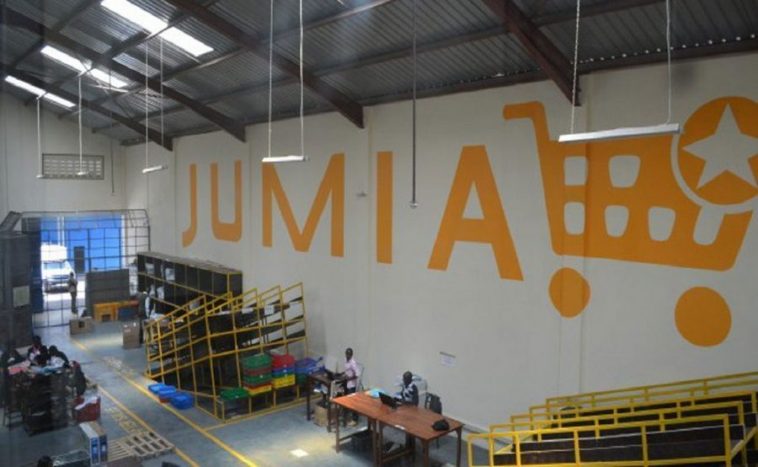Jumia Surges Past $1 Billion Market Cap Amid Renewed Wall Street Optimism
Jumia’s share price has surged by 55% over the past five days, indicating growing investor confidence in the e-commerce company. On Friday, Jumia’s share price closed at $12.08, up from $8.46 on July 8, raising its market value to $1.32 billion.
This rally marks a significant change in fortune for the Pan-African retailer, which has experienced mixed fortunes since it went public on the New York Stock Exchange in April 2019. Despite its share price soaring to a record $62.4 in February 2021 during the meme stock rally, Jumia has since lost over 70% of its market value, as its board and management team have struggled to achieve a turnaround.
After a series of poor performances and an inability to cut costs, the board dismissed Jumia’s long-time co-CEOs, Jeremy Hodara and Sacha Poignonnec, in late 2022. Francis Dufay, a former management consultant who previously served as CEO of Jumia Ivory Coast, was promoted to lead the company.
Under Dufay’s leadership, Jumia has undergone significant restructuring over the last 18 months. The company has laid off 43% of its workforce, scaled back its presence in underperforming markets, and closed its food delivery business. Additionally, the new CEO has reduced Jumia’s management team based in the United Arab Emirates, requiring several members to return and work from its offices on the continent.
These changes are beginning to show results. By the end of Q1 2024, the company, which has never been profitable, reduced its operating losses by 71%. Revenue also increased by 18.5%, despite rapid currency devaluation and macroeconomic challenges in key markets, particularly Nigeria, which accounts for more than a third of its annual sales. Meanwhile, salary and administrative expenses have decreased by 37% compared to the first three months of the previous year. Wall Street analysts have taken notice, with some recommending Jumia shares to their investors.
Jumia’s share price has risen 252.3% since the beginning of the year as the company repositions itself for growth, especially in North Africa. Additionally, Jumia is making fewer direct sales from its own inventory, with third-party merchants accounting for over 52% of sales on the platform in the first quarter.
The shift to third-party sellers, initiated a few years ago, is proving beneficial for reducing costs and boosting alternative platform revenue. Jumia reported $17.3 million in commissions from merchants for the first three months of 2024, marking a 78% increase compared to the $9.7 million earned during the same period last year.
However, as Jumia restructures its operations, it faces new competition from social selling platforms such as Instagram and TikTok, which are enhancing their e-commerce capabilities. Additionally, Amazon, one of the world’s largest retailers, is expanding its presence in Jumia’s key markets like Egypt. Meanwhile, Prosus-backed Takealot is aiming to solidify its dominance in South Africa, a significant market where Jumia is still striving to catch up with established players.
In an interview with TechCabal last year, Jumia’s Dufay expressed his intention to stabilize the business before pursuing new growth opportunities across key markets.





